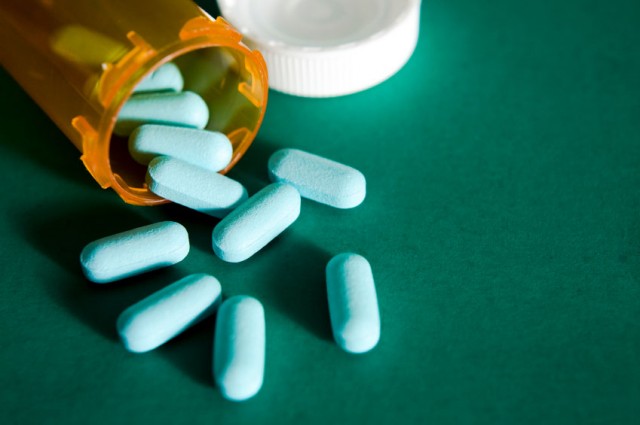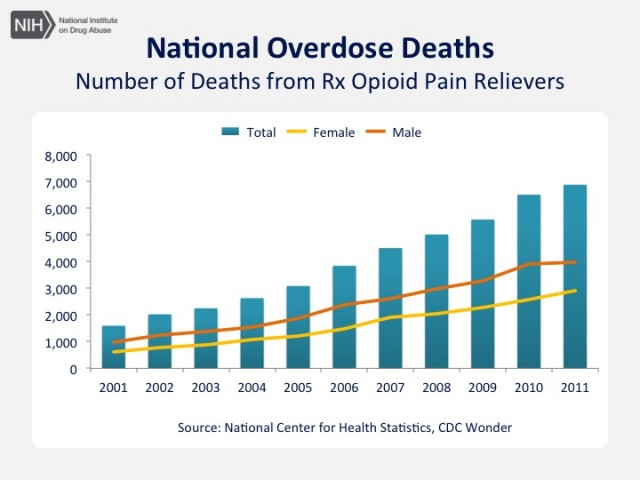 A new study examined the effects of state laws establishing a medicinal cannabis program on reducing the mortality rate due to overdose on prescription opioids. The study compared states who had created a legal medical cannabis program and those who did not. The results? Researchers found a significant decrease in death rates due to opiates, stating, “in each year after implementation of the law showed that such laws were associated with a lower rate of overdose mortality that generally strengthened over time.”
A new study examined the effects of state laws establishing a medicinal cannabis program on reducing the mortality rate due to overdose on prescription opioids. The study compared states who had created a legal medical cannabis program and those who did not. The results? Researchers found a significant decrease in death rates due to opiates, stating, “in each year after implementation of the law showed that such laws were associated with a lower rate of overdose mortality that generally strengthened over time.”
Regardless, the debate around the medical benefits of cannabis continues, as some parties insist on its many healing properties, while some say it poses great risk as an addictive drug that can even cause the onset of psychosis and schizophrenia. It should be noted that associations between psychotic onsets and use of cannabis were only tested on patients who were already at risk.
Associations between cannabis and psychosis still have not been found to be causal in nature, rather researchers merely indicate that further study of cannabis’ effects would be beneficial. But to put this in perspective, even if cannabis did make onset of psychosis more likely in some at risk individuals, that doesn’t mean we should rule it out as medication for others. After all, some people will die if they take aspirin but many people still pop those pharmaceutical pills like m&m’s.
 Cannabis advocates and scientists make the argument for its benefit as a substitute for other more harmful drugs such as alcohol, prescription opiates, and other schedule I drugs (you know the ones that actually should be labeled as such). Unfortunately, despite the evidence we have, both scientific and anecdotal, cannabis still makes the feds schedule I drug list, supposedly because we don’t know enough about it.
Cannabis advocates and scientists make the argument for its benefit as a substitute for other more harmful drugs such as alcohol, prescription opiates, and other schedule I drugs (you know the ones that actually should be labeled as such). Unfortunately, despite the evidence we have, both scientific and anecdotal, cannabis still makes the feds schedule I drug list, supposedly because we don’t know enough about it.
What is more likely, is that there’s a vested interest in certain wealthy medical industries who profit off medicating the ailments cannabis could fix. Still, research indicates that cannabis may be used as a form of self-care and treatment, where users choose to medicate with cannabis as an alternative to more harmful drugs.
One study on these protective effects concluded, “The substitution of one psychoactive substance for another with the goal of reducing negative outcomes can be included within the framework of harm reduction. Medical cannabis patients have been engaging in substitution by using cannabis as an alternative to alcohol, prescription and illicit drugs.”
Not only do medical cannabis programs work at reducing deaths, the longer these programs are in place the fewer deaths occur. This may be related to the decrease in stigmatization and increase in education around cannabis the longer these programs are in place. For these reasons, researchers suggest that further research should investigate these findings to “determine how medical cannabis laws may interact with policies aimed at preventing opioid analgesic overdose.”









